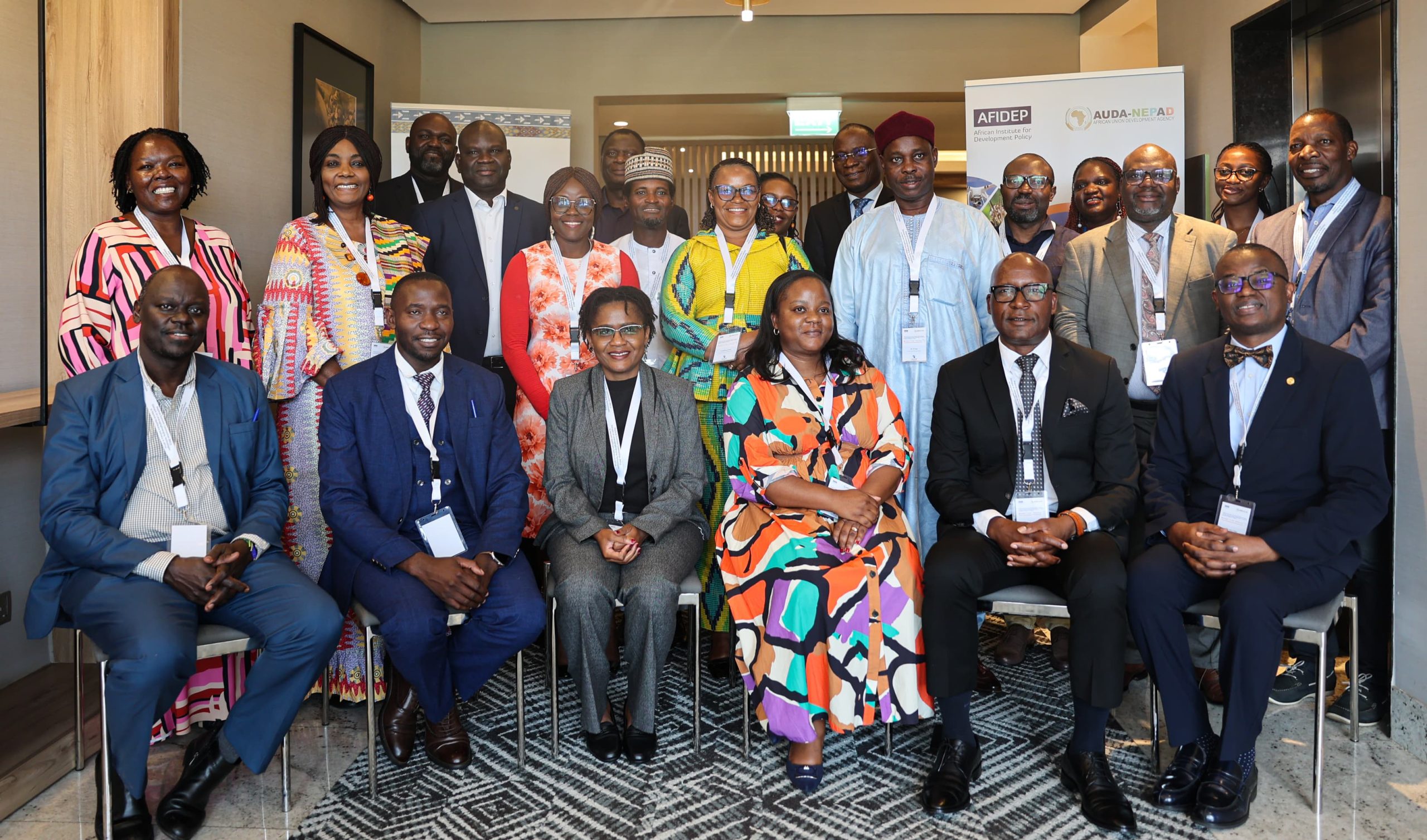The adoption or harnessing of emerging technologies in the healthcare system in Africa to improve healthcare delivery remains low.
It is reported that while the continent forms 18% of the global population, Africa accounts for 25% of the global diseases.
Though there are already efforts by various member states to harness emerging technologies in healthcare, there are still barriers that need to be addressed to fully leverage the potential of emerging technologies to revolutionize healthcare systems across the continent.
It is on this backdrop that regional economic communities (RECs) from East Africa, West African Health Organizations COMESA and Intergovernmental Authority on Development, gathered in Nairobi for a two-day forum to address challenges facing the countries in the region in the adoption of the emerging technologies in the health sector.
The forum in partnership with African Institute for Development Policy (AFIDEP) and the African Union Development Agency-NEPAD brought on board health, science and innovation experts who underscored the need to leverage on the emerging technologies in the health sector by member states to improve healthcare delivery to the citizenry.
“We have 55 Africa union member states, for us to accelerate the integration of Africa, we need to pilot it at the regional level, we have 8 regions, not geographical but economic regions commonly referred to as regional economic communities (RECs), so the intention here is to start engaging with them on the latest development of using technology to address issues related to health,” noted Lukovi Seke, Science, Technology and Innovation, AUDA-NEPAD
Dr. Rose Oronje Head of African Institute for Development Policy, (AFIDEP) Kenya Office, says the continent is still losing many Africans from preventable disease such malaria, maternal death and under five deaths caused by issues like diarrhea which can easily be prevented.
“When you look at the statistics, you realize Africa is actually the most urgent region that even needs more the use of these technologies because they offer opportunities to overcome these persisting challenges,” said Dr. Oronje
“We are bearing a very huge health burden of both communicable and non-communicable diseases and therefore in that context we needed technology more to serve our people,” added Dr. Julius Otim, Senior Health Officer, EAC Secretariat
Key emerging technologies that are prioritized by the African Union include Artificial Intelligence, Internet of Medical Things, Blockchain that can be used to harness large amounts of medical data, Drones, Genetic-based vector control tools, genomic medicine among others.
Embedding the emerging technologies will enhance diagnostic accuracy, treatment efficacy, enable early disease detection, personalized treatment plans, data-driven decision making and operational efficacy. It would also assist in reducing cases of sale of substandard products and medicine that may have been banned in one of the countries.
“If you look at the current challenges, we have of the outbreaks epidemics and pandemics, it is through technology that we can be able to share data and do surveillance as expected, and you see countries need to work together because our people keep moving across,” expounded Dr. Otim
“We know that in different parts of Africa we are developing gene drive mosquitoes to enable us have technologies that will stop mosquitoes from transmitting the malaria parasite. Technology like genomic medicine can help us to target treatment for specific individuals at a wider range of them, added Dr. Oronje
“Because you can no longer rely on your own brain, you have an artificial brain because we have huge stock of data and you need to take decision immediately. We are in the fourth industrial revolution and things will no longer be the same way,” noted Seke
Already countries are experimenting with the emerging technologies like Telemedicine in Kenya through the M-Tiba app though not scaled up where a patient does not have to visit a hospital, Rwanda has adopted use of drones to deliver blood, and Ghana uses the technology of blockchain to enable their system manage lots of data to track patients.
“Like countries are interested to know if Rwanda is using drones to deliver blood, what regulatory frameworks have they put in place, because we know drones attract a lot of policy and regulatory issues because even sometimes the ministry of defence has a lot of issues with drones flying, so what can other countries learn from Rwanda,” explained Dr. Oronje
The experts say Africa already enjoys a wide use of mobile phones and internet amongst its citizenry hence embracing and embedding the emerging technologies in healthcare delivery can be easy.
“At the African Union level, we endorsed a strategy on Artificial Intelligence, our people are not aware of that yet, we need to domesticate it, we need to develop new strategy on AI in our countries to use that in Agriculture, health and education,” noted Seke
However, there are still existing barriers such as low domestic investments, weak institutional capacities, lack of policies and regulatory framework and sometimes opposition.
The forum seeks to establish how countries learn from each other to be able to put in place the right policy and regulatory framework that will guide member states in adopting and using these technologies.
“We know for instance that AI has a lot of issues around privacy with data, and so countries need to put in place guidelines to ensure that even as we harness AI tools, we are also protecting individual data that is often being used by these technologies, clarified Dr. Oronje
“The aspect of pool procurement where we know the benefits if countries pool resources together and purchase the health products, but for a functional pool procurement we need to have a platform where countries can share information and we were looking at how can we integrate AI to facilitate that process,” added Dr. Otim
The two-day forum ended on Tuesday with resolutions such as improving domestic investment, political support, improving institutional capacity, establishing policy and regulatory framework being put on the table.





